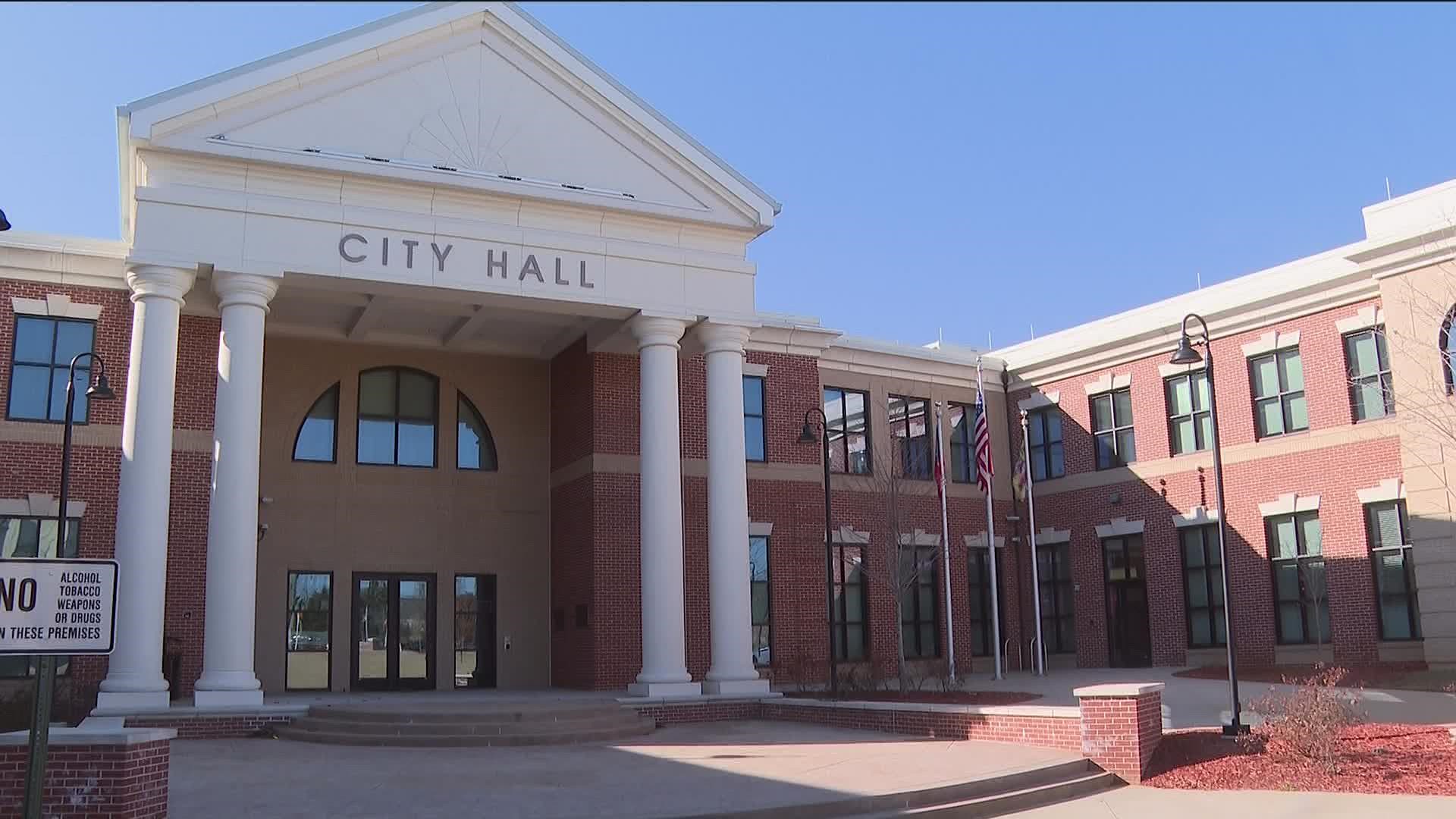EAST POINT, Ga. — Robyn Bussey has lived in East Point for 13 years, and while she likes the city, she thinks it could adapt better to recent growth and offer more amenities.
"People feel like they have to leave the city to access other services," Bussey said. "That can be an issue for people who don’t have adequate transportation or the flexibility to be able to go to the doctor on a lunch break. Houses are definitely becoming more expensive too. There’s a fear that people who have been there for a while have been displaced.”
Bussey said access to healthy food was also an issue, noting East Point only had one grocery store within city limits and a farmer's market with limited reach. A new partnership between Morehouse School of Medicine and the City of East Point is aiming to address these health inequalities.
Morehouse School of Medicine is one of six recipients nationwide getting up to $1.1 million in funding over a time period of up to three years. The school applied for the program last summer. Megan Douglas, a professor at the school, said the project will look at a number of social determinants of health disparities and work to change systemic laws that contribute to them.
“We have the opportunity through this project to look at the City of East Point's laws and ordinances related to housing, food access and land usage and environmental justice, and try to make changes to those policies or implement policies in a way that we can improve the health outcomes and reduce health inequities," Douglas said. "Black Georgians specifically have higher rates of chronic illnesses like diabetes, asthma, cancer rates. The social determinants of health like housing and having access to quality, affordable housing has effects on health."
East Point Mayor Deana Holiday Ingraham said this funding and partnership with Morehouse School of Medicine will fall in line with recent initiatives to grow the city. She mentioned bolstering the city's agriculture plan, formatting its growth and inclusion plan, the city's involvement in the Georgia initiative for community housing and updating East Point's comprehensive plan and unified zoning code.
"So we'll focus on housing, food access, as well as land use, environmental justice, air and water pollution, but also violence," Ingraham said. "This is to show communities like us, all across the country, that it’s possible to advance equity and make equity more than a cliché, to make sure for us we leave no East Pointer behind.”
In an effort to involve the community, the project will also include local organizations like the Partnership for Southern Equity, Food Well Alliance, Voices for Georgia's Children, MLP Communications and others.
Tenisio Seanima, manager of urban agriculture for the City of East Point, said this partnership will impact residents and other surrounding communities by eliminating food deserts and educating people on urban farming techniques.
“We want people to recognize food is something that’s accessible to them and has high value, no matter their income bracket, no matter their class status," Seanima said. "People are going to grocery stores and seeing much emptier shelves, and yet we’re in an ag state like Georgia, and we can take advantage of this opportunity to shape policy that can help people grow their food within the area where they’re at.”
For Bussey, she sees the payoff of addressing racial health inequities as a long-term effort and this partnership as a start to meaningful change.
"This will have tremendous benefit for Black people and people of color who live in East Point or those considering moving to the city," Bussey said. "You can do things on an individual or programmatic level, but until there’s wide-sweeping policy and systems change, then we’re not going to see any movement."

